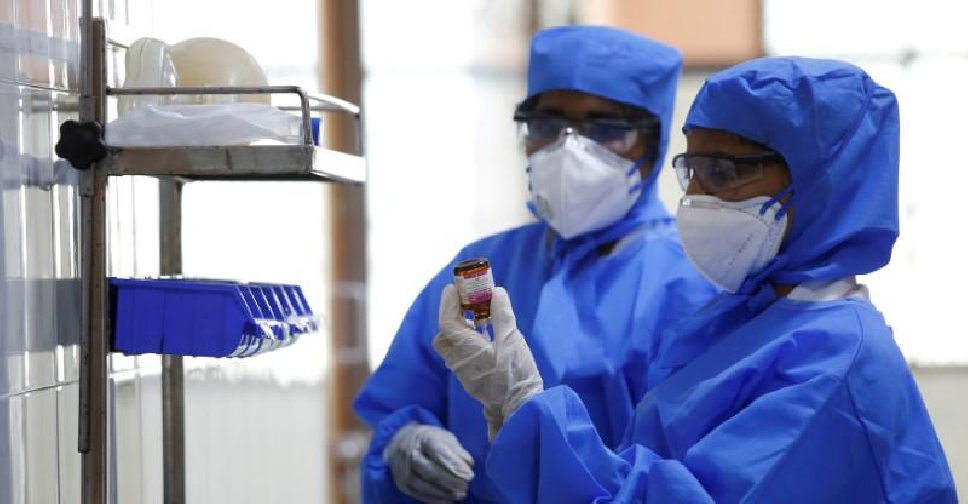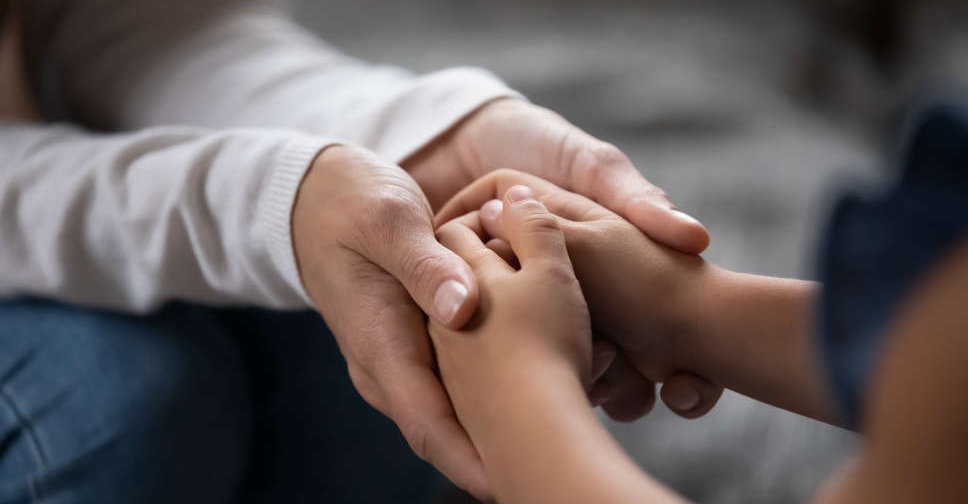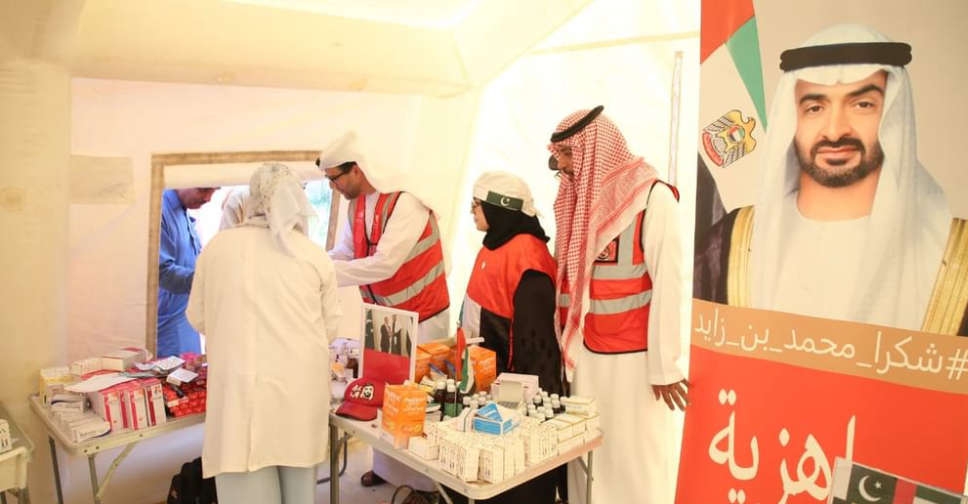
The National Biosecurity Committee, headed by the Ministry of Climate Change and Environment (MOCCAE), has released a new guide on the proper use of protective COVID-19 masks and clothing.
The Committee developed the "Unified National Guide for Personal Protective Equipment for Diseases and Pandemics" in cooperation with the Ministry of Health and Prevention, the Dubai Health Authority (DHA), and the Department of Health – Abu Dhabi (DoH).
It describes the characteristics and protection levels of various types of masks including medical, surgical, paper, and cloth.
In addition, it lists examples of activities during which people must wear masks, such as going to a store, pharmacy, or hospital, visiting a park with friends or relatives who do not live in the same household, taking public transportation, or walking in a high-density public area.
The guide, currently available in Arabic, outlines the basic specifications of masks, such as three-ply, disposable, anti-allergic, and latex- and fiberglass-free.
It also determines the tests to which masks must be subjected to ensure their effectiveness, including the Bacterial Filtration Efficiency (BFE) test, Particle Filtration Efficiency (PFE) test, breathing resistance test, and flammability test.
The publication goes on to explain the use of face shields. It recommends using them with masks, as they do not provide adequate protection from COVID-19 when worn alone. It states that face shields must be washed and disinfected using soap and sanitiser with at least 70 per cent alcohol.
As per the recommendation of the World Health Organization (WHO), the guide highlights the importance of washing and sanitising hands regularly and practicing stringent social distancing to achieve higher personal protection against diseases and pandemics.
It says scientific research has found that symptoms of respiratory illnesses develop on average five days after infection.
Therefore, patients who reduce their interaction with others by 75 per cent transmit the disease to 2.5 other people on average in 30 days, and those who reduce their interaction by 50 per cent transmit the disease to 15 other people in 30 days.
In contrast, patients who do not practice social distancing can infect as many as 406 people within the same period.




 'Peace is not far away' says Erdogan after Putin meeting
'Peace is not far away' says Erdogan after Putin meeting
 UAE, Serbia deepen ties with new political agreement
UAE, Serbia deepen ties with new political agreement
 UAE strengthens child protection measures
UAE strengthens child protection measures
 Zayed Giving Caravans treat children, elderly in Pakistan
Zayed Giving Caravans treat children, elderly in Pakistan
 Dubai gears up for New Year celebrations
Dubai gears up for New Year celebrations



